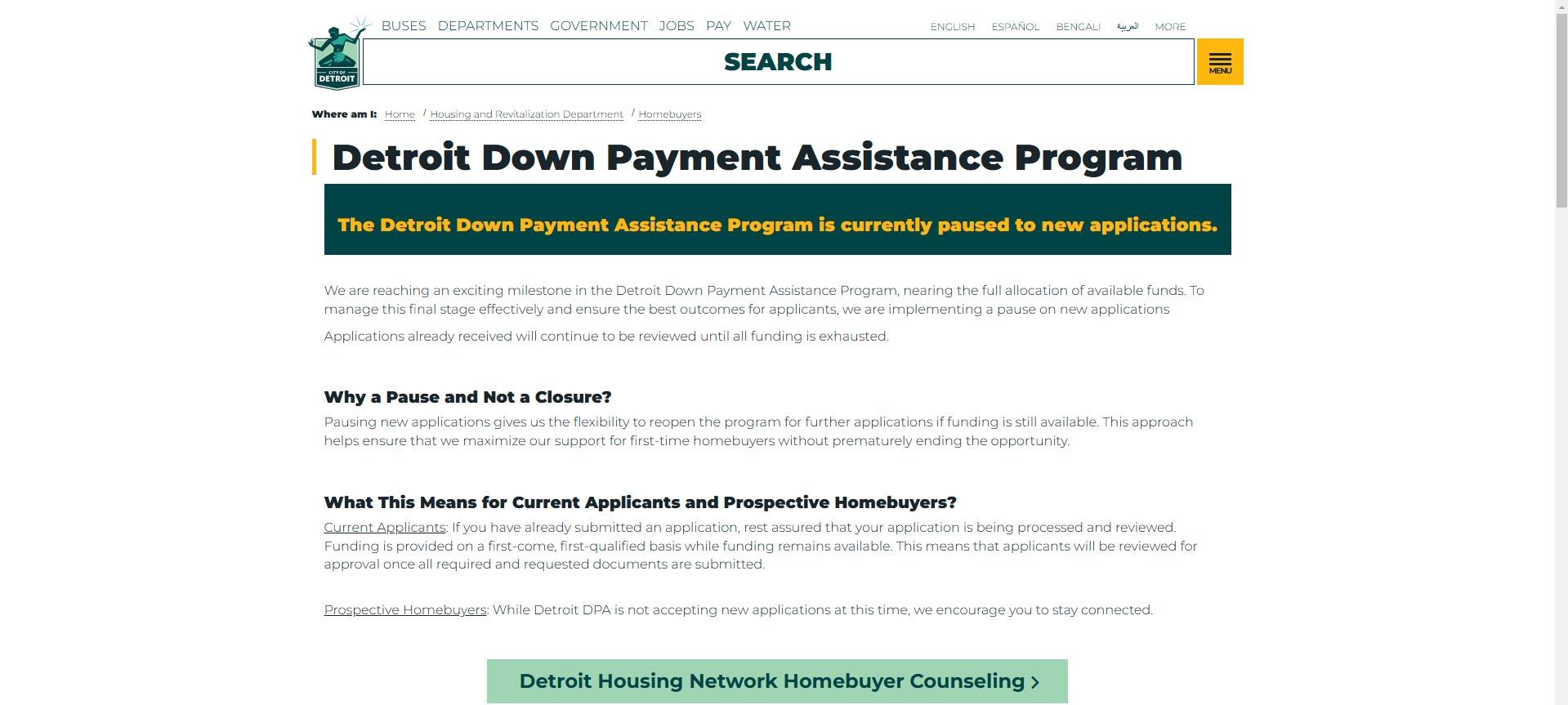Getting To Page One Of Google
Getting To Page One Of Google: Do Your Research
If you’ve done any reading about the new companies in the Silicon Valley, you know that their mantra is “Give People What They Want”. Seems simple enough, but it’s not always followed. However, it should be and it will be the difference between your website languishing in the unread search results, and the one page that is read: Page One.
First of all, here are some preliminaries that you must know and understand:
- Research shows that 91% of all users of search engines do not look beyond Page One.
- The paid ads at the top of the Google search engine results page (SERP) get about 80% of all clicks.
- The first five organic results returned on Page One get 87% of all clicks.
- Google is used by 67% of all searchers.
So, now I have framed the discussion pretty clearly and concisely for you. There is not much room for error here. You are either in the swim, or you’re not. If you’re not getting the website traffic that you think you should be, now you can assess why. On what page is your website being returned for your top products or services? If it’s not Page One, nobody knows you exist.
“If it’s not Page One, nobody knows you exist.”
In this article we’re going to review a few of the basics in optimizing your website for a Page One ranking in Google. I’m going to provide a simple and straightforward checklist. Believe me, this will be money in the bank for you:
OPTIMIZING BASICS
- Register for Google Analytics. It’s free. Embed the code and begin to watch your results. This is required to optimize your site.
- Register for Google Webmaster Tools. It’s free. Embed the code and use this as your watchdog for areas that need improvement. Give it about two weeks if you’re new to it before drawing any conclusions.
- Register for Bing Webmaster Tools. We believe it’s important to have and it backs up GWMT well.
- Subscribe to Moz.com. It’s relatively inexpensive and it will provide some valuable drill-down data for you.
- Review Spyfu.com and consider subscribing. We really like the detail it provides on Paid and Organic Keywords and the fact that we can see where our client’s competitors are ranking and making money.
So, from all of the above data we’d like you to just begin by analyzing the keywords that are working for you, keywords that you should be using and what keywords are working for your top two or three competitors. Seems simple enough, I know, but believe me it is a lot of work and may require a total rewrite of all of the pages on your website. It will just depend on what you learn from your research of the tools that I listed above.
Pay close attention to the Search Queries Report that is provided in Google Webmaster Tools. This is pure gold. To not follow the lead of your users and align your site with how they search is a real mistake. It’s all there begging to be implemented. Does this all take time? Yes. Does this require a certain amount of discipline? Of course. Will it pay off? Absolutely.
So, now here’s your challenge: Determine what your top keywords are and make sure that they are incorporated into all of the appropriate pages on your site. If you are missing keywords completely, create a page to cover those keyword searches so you don’t miss out on that business.
Watch for my next blog on : Title Tags. Thanks for reading and let me know if you have any feedback.
[do_widget id=grp_widget-2]






